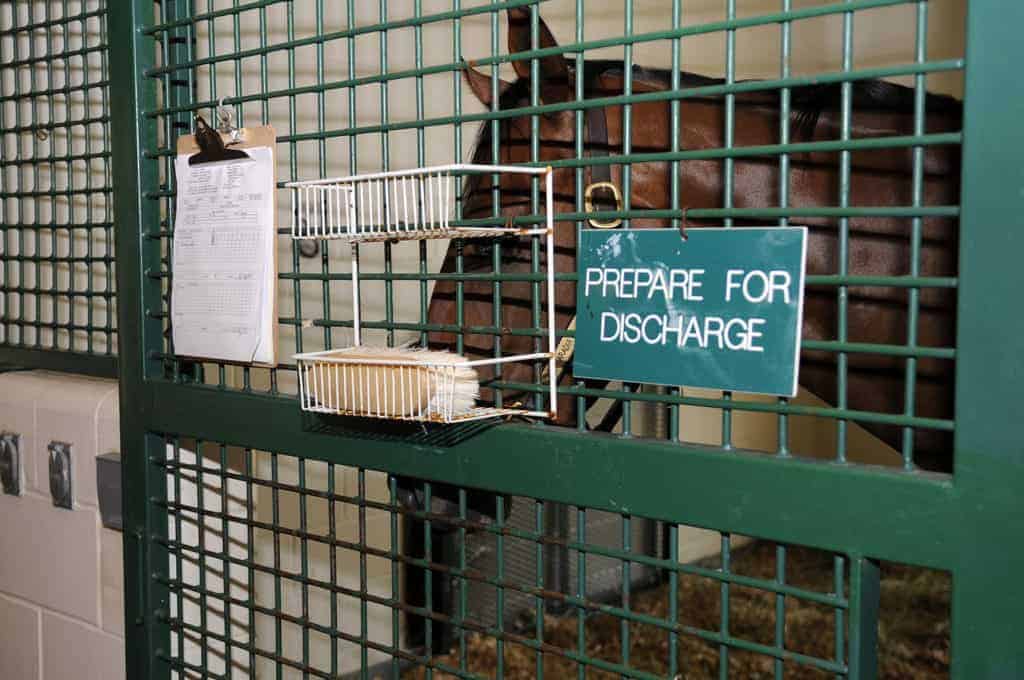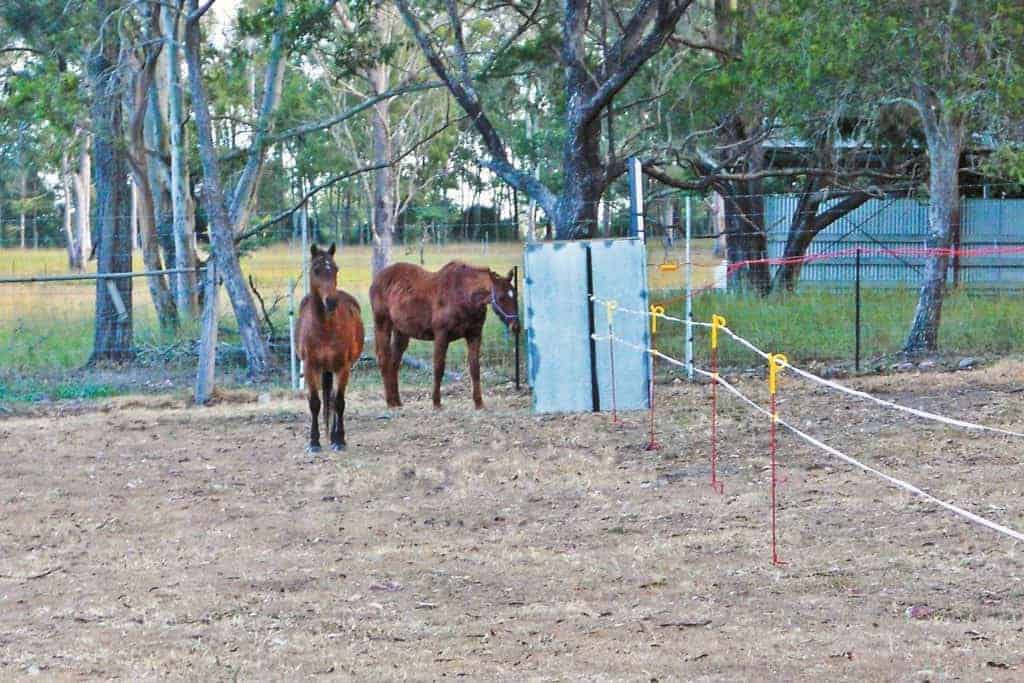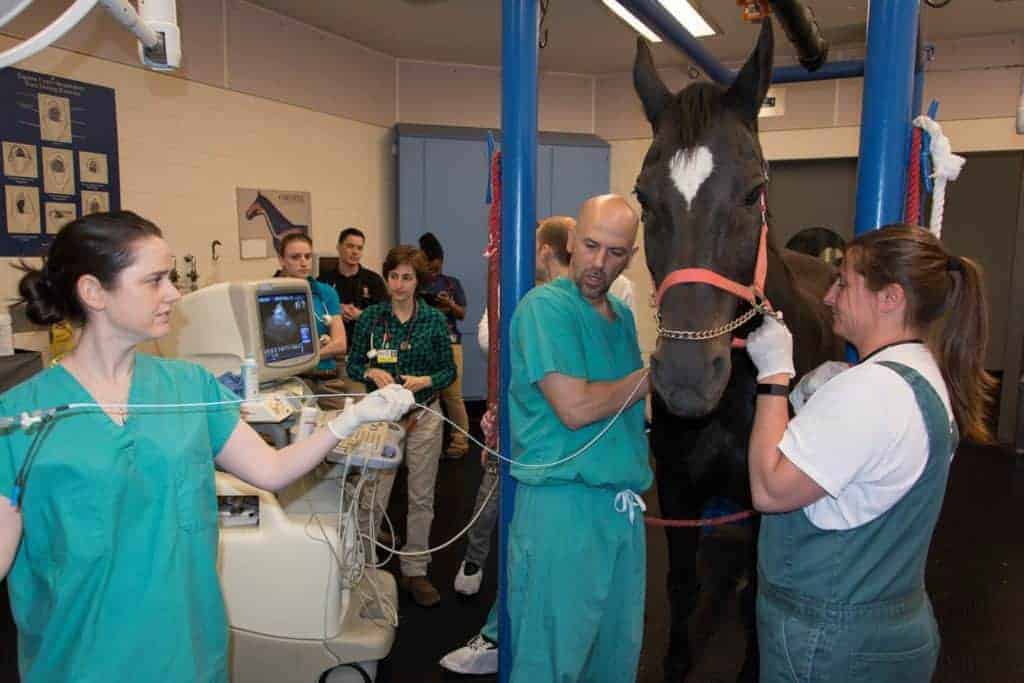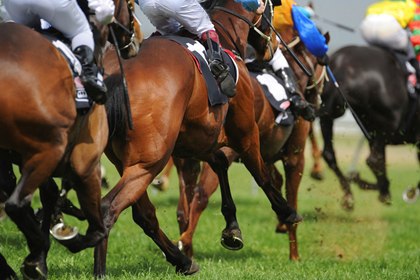
Do Obese Horses Spend More Time Eating Than Lean Ones?
Lean horses actually spent more time than obese ones eating, but both groups consume roughly the same amount of hay.

Lean horses actually spent more time than obese ones eating, but both groups consume roughly the same amount of hay.

Study results suggest caretakers spend nearly $435 more annually managing obese equids compared to their nonobese ones.

Compared to a control diet, Spirulina supplementation led to significant weight loss and reduced fasting insulin levels, researchers found.

Dentistry—including balanced alignment of the teeth and jaws—is an important part of good horse health and welfare.

An “athletic” heart is a heritable characteristic linked to good endurance performance, researchers confirmed.

If diagnosed and treated promptly and properly, survival rates can be quite high for equine elapid snakebite patients.

With winter approaching, schedule a dental check-up and nutritional status assessment, especially for older horses.

Researchers recently discovered the first reported mandibular (cheek tooth) hook in a medieval horse.

This is good news, researchers say, since oxytocin infusion is the best treatment for retained placenta in mares.

Researchers found that some ponies are willing to exercise themselves … as long as there’s food involved.

When other atrial fibrillation treatments fail transvenous electrical cardioversion could restore a normal heartbeat.

Veterinarians and researchers are on an ongoing mission to reduce the number of racehorse injuries and deaths during racing and training.

One veterinarian describes how she handles these dangerous bites in horses.

If your aging equid can’t or won’t eat hay, don’t worry: there are several other fiber options available.

Dental problems are common in horses and can lead to behavior changes, chronic pain, and reduced performance.

A recently developed scoring system can help veterinarians make treatment recommendations, researchers say.
Stay on top of the most recent Horse Health news with
"*" indicates required fields